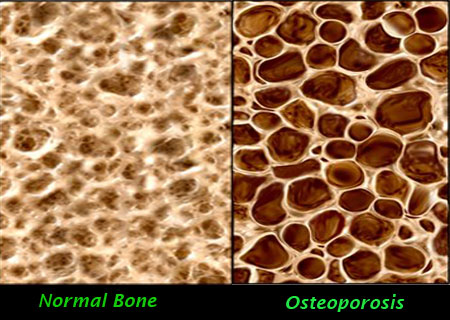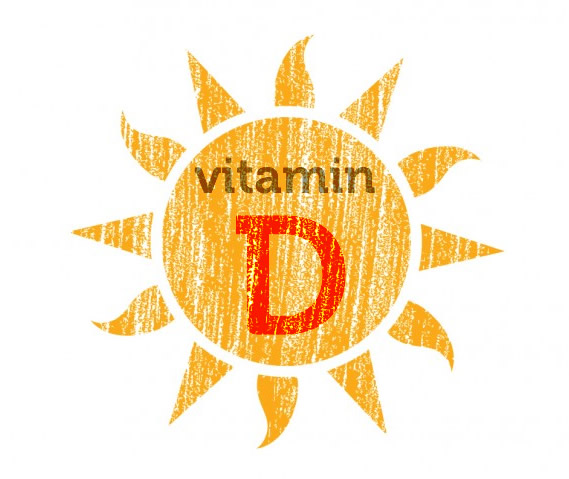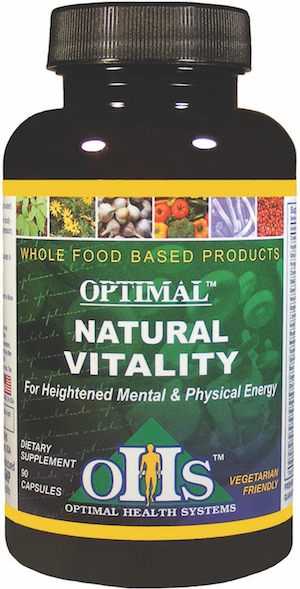Eurekalert.org cited a 12-year study conducted by Dr. Lucio Mos, who found that young adults who were diagnosed with mild hypertension had 4 times the risk of having a heart attack if they consumed the amount of caffeine equivalent to 4 cups of coffee. More moderate consumption showed 3 times the risk.
In order for your body to absorb nutrients from the food you eat, food has to reach your small intestines and stay there long enough to pass through the intestine wall and get absorbed into the bloodstream. Your blood does the rest by carrying the correct nutrients to the corresponding part of your body. Even if you eat all right foods, you can still have a host of nutrient deficiencies if you’re not properly absorbing the vitamins and minerals. What isn’t understood is the fact that caffeine from sodas, energy drinks and supplements robs your body of nutrients.
The article also stated, “During the 12.5 year follow-up there were 60 cardiovascular events. Of these about 80% were heart attacks and the remainder included strokes, peripheral artery disease and kidney failure.” The findings show a linear association between caffeine consumption and increased risk of cardiovascular events.
Let’s look at which nutrients caffeine robs from you.

Calcium Besides the well-known bone health role, calcium helps blood clot nerves send messages, and muscles contract. Don’t get enough and your bones become brittle, teeth decay, various organs cease functioning properly, if at all. It’s no an exaggeration when we say your body can completely shut down due to severe calcium depletion.
Caffeine causes calcium to be excreted in the urine and feces. For every 150 mg of caffeine ingested, about the amount in one cup of coffee, 5 mg of calcium is lost. This effect occurs even hours after your morning cup of joe. One study of postmenopausal women found that those who consumed more than 300 mg of caffeine lost more bone in the spine than women who consumed less.
Caffeine also inhibits the amount of calcium that gets absorbed through the intestinal tract and depletes the amount retained in bones. Studies have shown that women with high caffeine intake suffer more hip fractures than those who avoid caffeine or drink in moderation (1 to 2 cups per day).

Vitamin D Vitamin D and calcium work off and support each other. Vitamin D helps your body absorb calcium and make sure it goes into your bones, instead of your arteries. It is essential to the health of most organs, including the brain, heart, skin, reproductive, prostate and mammary glands. Vitamin D receptors are also involved in immune regulation and mediate response to infection and inflammatory processes.
Caffeine inhibits vitamin D receptors, which limit the amount that will be absorbed. Because vitamin D is important in the absorption and use of calcium in building bone, this could also decrease bone mineral density, resulting in an increased risk for osteoporosis.

Iron Iron deficiency and its link to anemia is fairly well known. Iron plays a role in oxygen getting carried around your body so you have the energy you need to get through your day. Iron deficiencies not only lead to fatigue, your brain function is going to take a dive and you become more prone to infection. Iron also plays a role in health skin, hair, and nails.
Caffeine interferes with iron absorption, which is necessary for red blood cell production. Drinking caffeine at the same time as an iron source can reduce absorption by up to 80%, according to the Nutrition Desk Reference. Any beverage containing caffeine should be separated from iron-containing foods or supplements by at least one hour.

(image from nootropic.org)
B Vitamins The list long when it comes to what B Vitamins do for you and your body. The largest role they play is with energy and vitality, mental clarity and focus, and overall mood. All these are tied to what science calls the Krebs energy cycle. Deficiencies cause a host of health problems, including low energy, depression, poor muscle function, and so on.
Caffeine has a mild diuretic effect, which increases urination. Water soluble vitamins, such as the B-vitamins, can be depleted as a result of the fluid loss. In addition, it interferes with the metabolism of some B-vitamins, such as thiamine (vitamin B1). The one exception to this rule appears to be vitamin B12. Caffeine stimulates the production of stomach acid, which actually helps the body absorb B12.
Other Vitamins and Minerals Caffeine can reduce the absorption of manganese, zinc and copper. It also increases the excretion of the minerals magnesium, potassium, sodium and phosphate. There is also evidence that caffeine interferes with the action of vitamin A.
The Safe Energy Boost Caffeine offers no real health benefit, yet there are days we could really use a pick-me-up, be it from a rough night of poor sleep, a stressful day, or a string of indulgent meals. Instead of making things worse with caffeine, you can perk yourself up and preserve your health with Optimal Natural Vitality.
This product is designed to help improve both your mental and physical energy levels by providing your body with the proper nutrients. This blend consists of specific amounts of enzymes and minerals to drive the nutrients to the cellular level quickly. You will feel the effects of increased focus, motivation and energy shortly after taking Natural Vitality. And it is a product for which you can easily adjust the dosage and times of use based on your own particular needs. And the best part? Natural Vitality doesn’t rob your body of nutrients like synthetic caffeine does. You can get a morning zinger without sacrificing your health.

